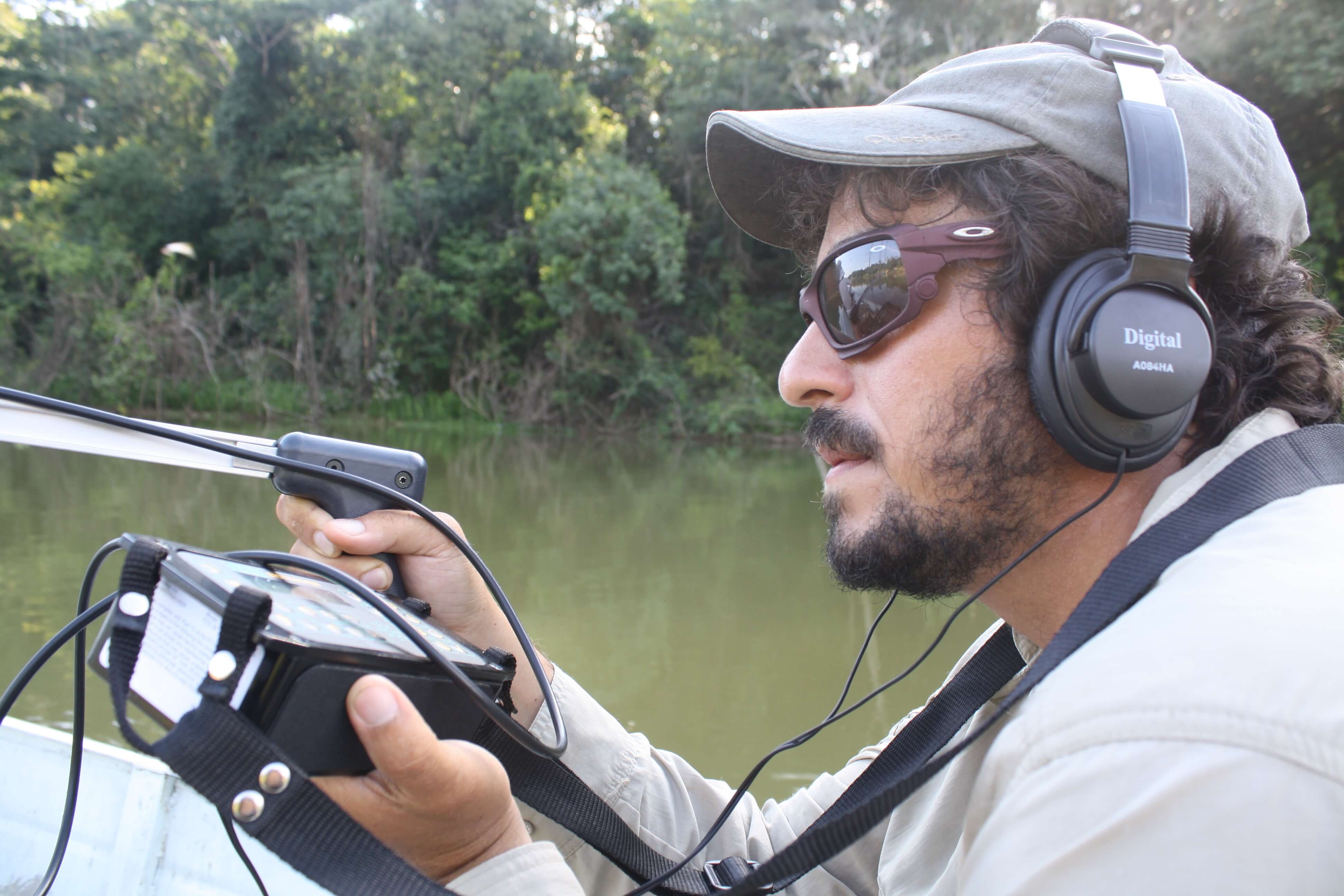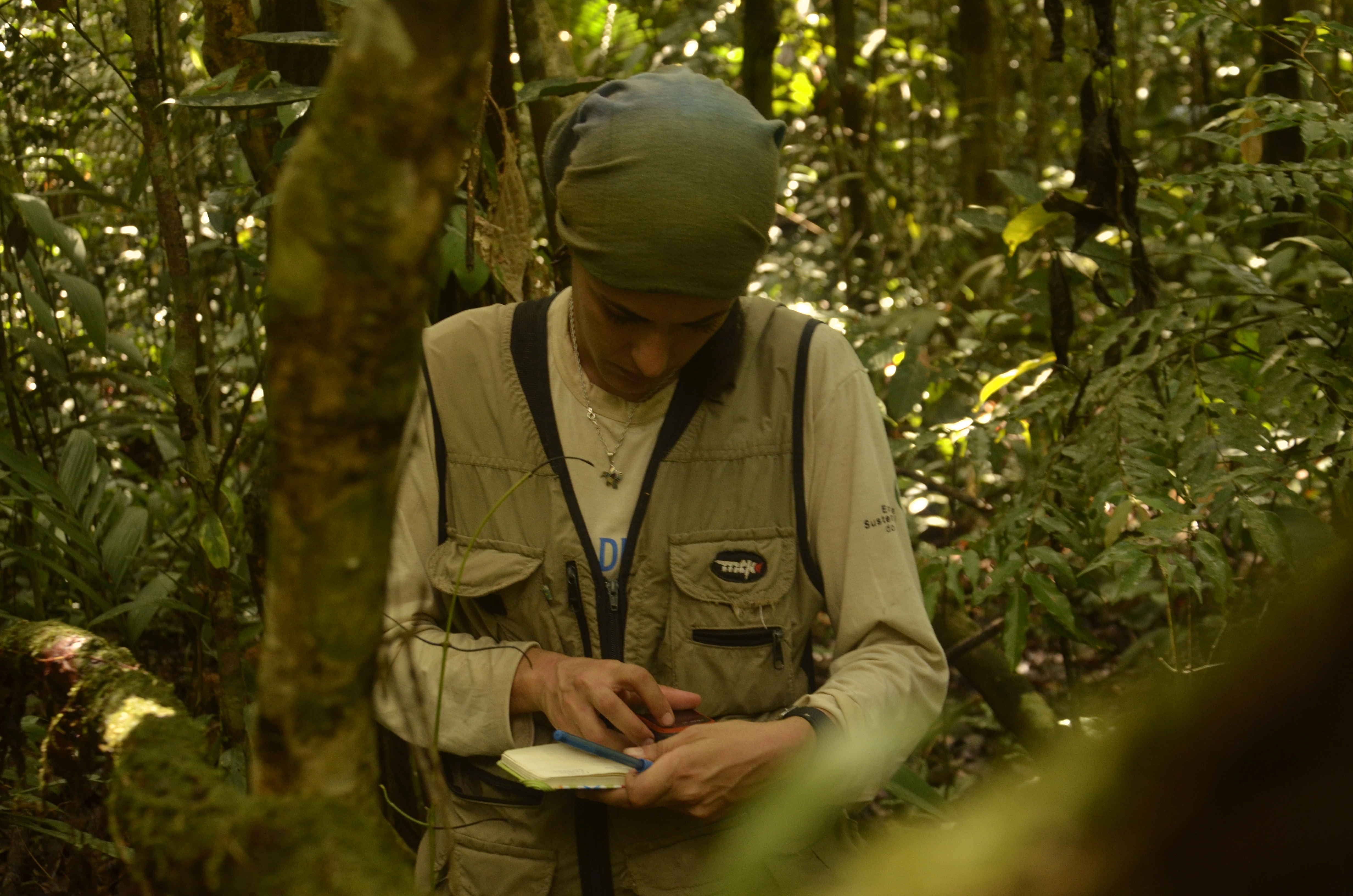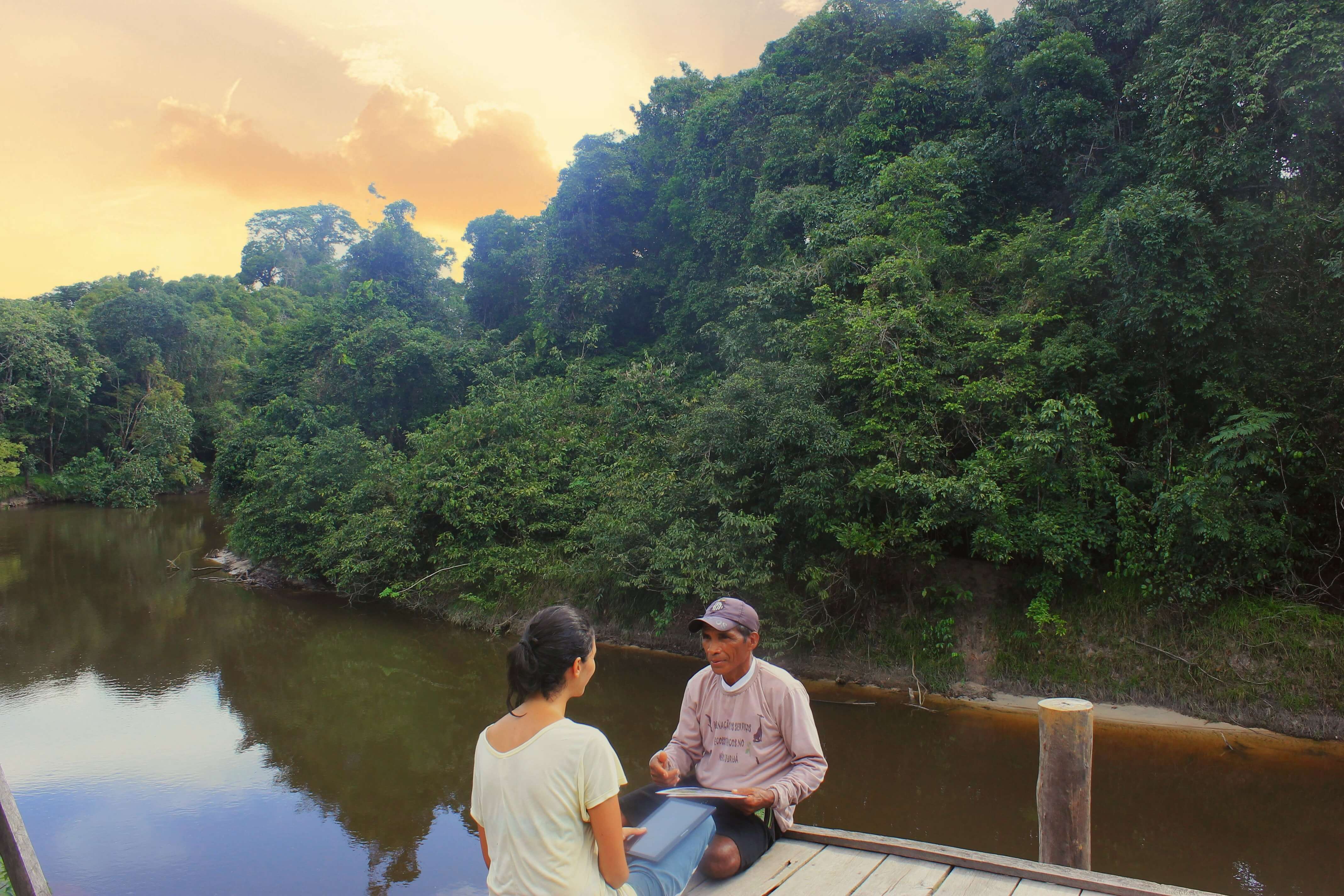Instituto Juruá believes that the integration between scientific research, traditional knowledge and local leadership is fundamental to ensure a more sustainable and fair future for the Amazon. Our research program has primarily focused on the conservation and sustainable management of natural resources for hunting, fishing and forest products within riverines communities.
We apply multidisciplinary research techniques to assess the value of conservation, as well as the socioeconomic and cultural benefits generated by community-based management, sustainable use protected areas, and indigenous land.








